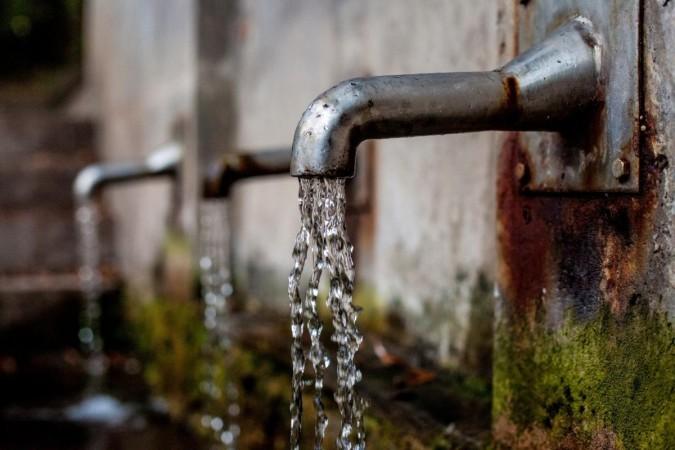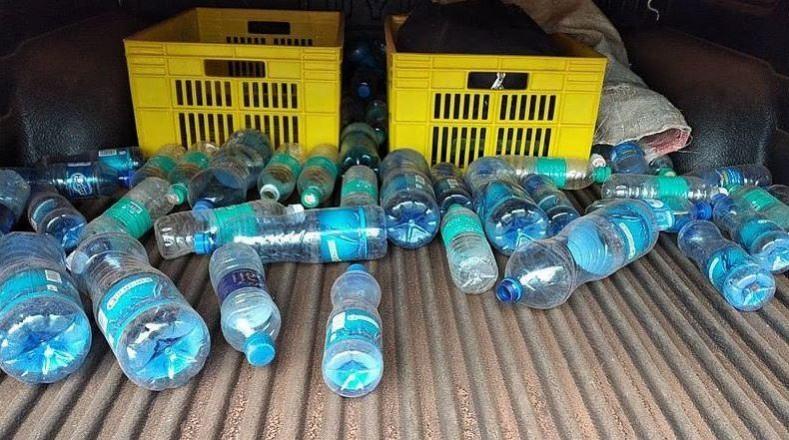
A group of medical scientists has urged for increased investment in safe piped water as an alternative to bottled water. The scientists, from the Institute for Population Health, Weill Cornell Medicine in Qatar, and New York Medical College, published their findings in the British Medical Journal. They warned of the potential health risks associated with contaminants found in bottled water. These contaminants, which include microplastics, phthalates, alkylphenols, polychlorinated biphenyls, polyfluoroalkyl substances, and bisphenol A (BPA), can contribute to hypertension, cardiovascular disease, diabetes, and obesity in later life.
The scientists also highlighted the environmental toll of plastic bottles, which constitute the second most significant ocean pollutant, making up nearly 12 per cent of all plastic waste. Despite these significant health and environmental costs, the consumption of water in plastic bottles has markedly risen on a global scale. In India alone, bottled water consumption was projected to reach 24.91 billion litres this year. The scientists suggested that low-income and middle-income countries must invest in infrastructure and safe tap water availability as an alternative to bottled water. They also called on governments to urgently confront these health and environmental issues and shift towards sustainable alternatives to single-use plastic bottles in the interest of both human and global health.
The storage conditions of bottled water significantly increase the risk of plastic contaminants leaching into the water, especially if exposed to high temperatures and sunlight when harmful chemicals like BPA and phthalates seep into the water. The scientists also questioned the preference for bottled water based on taste and purity, suggesting that many individuals cannot differentiate between tap water and bottled water in blind tests.

The scientists also considered the disproportionate impact on developing countries due to industrialised countries sending their plastic waste to these nations. This raises concerns about social and environmental justice, exacerbating the environmental burden on these nations and creating an uneven distribution of environmental responsibility. The scientists, Amit Abraham, Sohaila Cheema, Karima Chaabna, Albert Lowenfels, and Ravinder Mamtani, suggested undertaking educational campaigns to create awareness of the problems with bottled water and promote alternatives. One of the alternatives they suggested is using water filters at home, enhancing the potability of tap water, thereby making it a more attractive option for daily use.
The scientists' call to action comes at a time when the world is grappling with the environmental and health impacts of plastic pollution. The proliferation of single-use plastics, particularly in the form of bottled water, has led to an increase in plastic waste, much of which ends up in the ocean, contributing to marine pollution. This has prompted a global push towards a circular economy, where waste is minimized, and resources are reused and recycled. The call to action by the scientists serves as a stark reminder of the urgent need to address the health and environmental impacts of plastic pollution. It is a call to action for all stakeholders – governments, businesses, and individuals – to take collective action towards a more sustainable and healthy future. The transition to a circular economy requires significant investment in infrastructure and technology, as well as changes in consumer behavior. Governments, businesses, and individuals all have a role to play in this transition. The shift from bottled to tap water is not just a matter of environmental sustainability, but also a matter of public health and social justice.

















